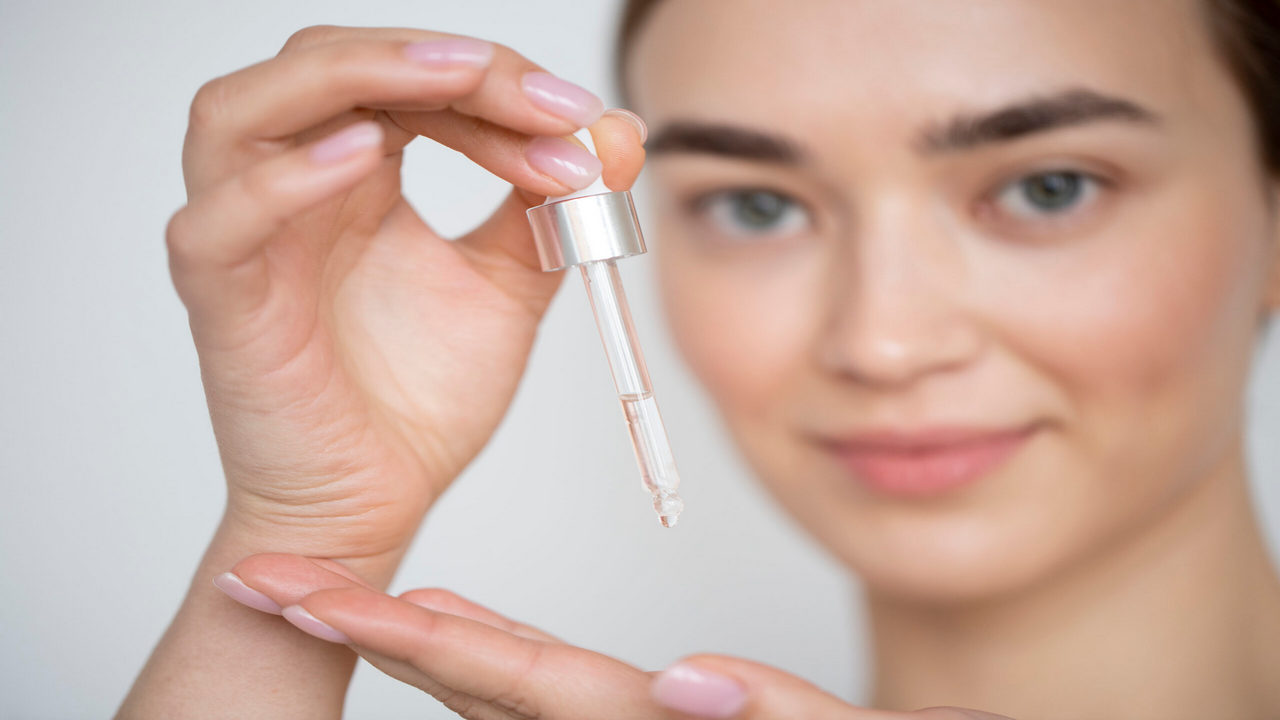Whether struggling with bumps and zits, premature wrinkles, or lackluster skin, adding the best retinol serum to your routine can be life changing. Chances are if you take skincare seriously you have seen the hype about retinol. This superfood ingredient has found its place in beauty routines all over the world and with a reason.
However, there are so many products available that how will you select the product that suits your skin type and pocket? We know what you think about retinol: it is that ingredient that everyone talks about, the one that everybody is convinced that you should use. But here is the thing, everyone is indeed right, and in this mega guide we will talk about why, how to shop it, and what are our favorite retinol products of all time (drugstore and luxury) one– including the skin type they are best suited to.

Why You Need a Best Retinol Serum
1. Anti-Aging Benefits
One of these is retinol, a form of vitamin A that boosts cell turnover and stimulates collagen production.The outcome? Reducing wrinkles and having smoother skin with a higher level of elasticity that occurs with time.
2. Fights Acne
Removing the clogged pores and regulating the production of oil, retinol can reduce active breakouts and control future breakouts. In addition, it lightens acne scars and post-inflammation hyperpigmentation.
3. Brightens and Refines Skin Texture
Retinol helps exfoliate the dead skin cells to make the skin fresher and more glowing. It also works well to smoothen out skin tone and minimize dark spots which are due to sun damage or skin aging.
What to Consider When Choosing the Best Retinol Serum
1. Retinol Strength
Conduct a lower concentration (0.25%, 0.3) when new, and then progressively increase up to strength (0.5 to 1 %).
2. Form of Retinoid
Retinol: It is most effective and widely available OTC.
- Retinaldehyde (Retinal): Stronger than retinol but it is OTC as well.
- Retinyl Palmitate: The least harsh that works perfectly well on the sensitive skin.
- Tretinoin: Available as a prescription strength; it works really well but might leave irritation.
3. Supporting Ingredients
Look for serums with:
- Hyaluronic Acid for hydration
- Niacinamide to soothe and strengthen skin barrier
- Ceramides to lock in moisture
- Peptides to boost collagen
4. Packaging
Retinol is light sensitive and vulnerable to air. Choose serums in air-tight bottles or pumps that have opacity- not jars.
5. Your Skin Type
Remember, you should always adjust to the needs of your skin so what is excellent on oily skin may not necessarily be best on sensitive or dry skin.
Best Retinol Serum Recommendations by Skin Type & Budget
Oily/Acne-Prone Skin
Drugstore:The Ordinary Retinol 0.5% in Squalane
This silky smooth serum is low cost and easy to use, designed with lightweight, high-oil content to suit acne-prone skin that is not pore-clogging.
Luxury:Dr. Dennis Gross Retinol + Ferulic Advanced Texture Refining Serum
With ferulic acid and retinol, this serum not only smooths and helps clear blemished skin, but also reduces irritation.
Dry/Sensitive Skin
Drugstore:CeraVe Resurfacing Retinol Serum
This serum uses encapsulated retinol, ceramides and niacinamide to re-surfacing skin, and complements your moisture barrier.
Luxury:La Roche-Posay Retinol B3 Serum
Created specifically to use on sensitive skin, these gentle ingredients include vitamin B3 (niacinamide) and glycerin, to both soothe and hydrate.
Combination Skin
Drugstore:Olay Regenerist Retinol 24 Night Serum
This fragrance-free variant nourishes and helps to smooth the skin surface and even it out without feeling excessiveachy or greasy.
Luxury:Sunday Riley A+ High-Dose Retinoid Serum
A retinoid/botanical combination, this formula offers strength and balanced treatment to support all skin types.
Mature/Aging Skin
Drugstore:RoC Retinol Correxion Deep Wrinkle Night Serum
This classic option works and is economical because it is clinically proven to diminish fine lines and wrinkles.
Luxury:SkinCeuticals Retinol 0.5 Refining Night Cream
It is a clinically proven dermatologist recommended formula that provides meaningful results without causing much irritation on the aging skin.
Pro Tips for Using Retinol Safely
Begin gradually: Use 2-3 times every week, and it is possible to increase the number to every night.
- Be sure to apply at night: Retinol causes your skin to become sensitive to sunlight.
- Combine with a moisturizing cream: follow an application of retinol with a hydrating cream to counteract any irritation effects.
- Apply sunscreen everyday: Retinol makes you extra susceptible to UV so everyday SPF is required.
- Do not mix harsh actives: Do not mix with AHAs, BHAs or Vitamin C unless advised otherwise.
Final Thoughts
The most effective retinol serum is not a piece of general advice. It varies with the type of skin you have, issues and tolerance. You can choose either the most expensive treatment, or a cheaper gem, but the best thing you can do is to remain persistent and consistent.
Just keep in mind that you should go slow at first, be hydrated and wear sunscreen. Retinol has the real potential to work miracles on your skin, making it as radiant and youthful as never before with time.
FAQs
Mayank Rawat
Certified Skincare Consultant and passionate researcher, I specialize in exploring skincare ingredients and haircare actives. Always eager to stay ahead of trends, I continuously update my knowledge to bring science-backed solutions. Dedicated to helping others achieve healthy skin and hair through expertise and innovation.